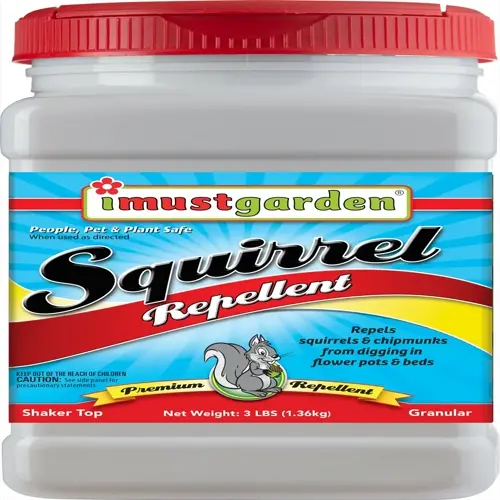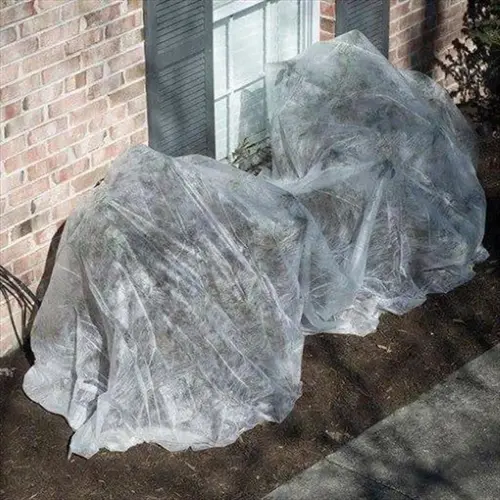What aftercare is vital post-pruning?

Written by
Benjamin Miller
Reviewed by
Prof. Samuel Fitzgerald, Ph.D.Proper aftercare matters more for pruning success than the cuts themselves. If you neglect post-pruning steps, you are allowing the invasive disease to spread and prolonging recovery. I have five important actions that I take immediately after finishing pruning and protecting trees during this vulnerable healing stage, which helps prevent future issues across your orchard.
Tool Sanitization
- Soak blades in 70% alcohol for 30 seconds
- Scrub sap residue with wire brush
- Oil joints to prevent rust after disinfection
Orchard Sanitation
- Remove all cuttings from ground immediately
- Burn diseased wood instead of composting
- Rake fallen leaves under pruned trees
Hydration Protocol
- Water deeply to 18-inch root zone depth
- Use drip irrigation for targeted delivery
- Increase frequency during drought periods
Nutrient Management
- Apply balanced 10-10-10 fertilizer if soil tests show need
- Spread compost around drip line as slow-release nutrition
- Avoid high-nitrogen formulas that promote excessive growth
Tool disinfection prevents pathogens from spreading between trees. After each tree, use a 70% alcohol solution to wipe your pruning blades. I carry disinfectant wipes in my pruning kit for quick and easy use. This prevents deadly diseases, such as fire blight, from being transmitted through contaminated tools. Make this mandatory in each pruning session.
Total debris removal prevents disease reservoirs. If you pruned, collect all clippings right away. Instead of composting it, destroy diseased wood. I have had orchards reinfected by overwintering spores left in debris. Clean orchard floors protect you year-round.
Monitor callus formation around cuts weekly. A healthy wound will start to show raised tissue growth within two weeks. If the healing appears dormant, it means some issues need to be addressed. Take photos to document progress. I had monitored the cut early enough that it showed discoloration before it became seriously infected. My diligence is rewarded with a healthy tree in the long term.
Consistent aftercare produces sturdy trees that recover quickly. Well-maintained orchards produce more reliable harvests and encounter fewer disease problems. These steps follow the clearing of your job in the pruning process, assuring your investment in tree health. Your orchard will develop for decades with adequate post-pruning care.
Read the full article: Pruning Fruit Trees: 10 Essential Steps

